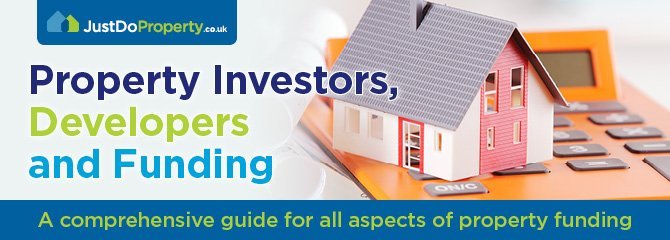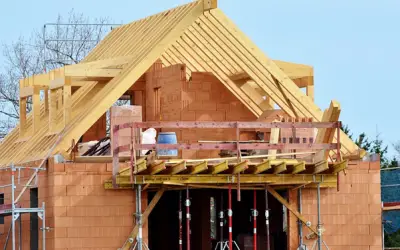Are you a homeowner with a large garden or surplus land attached? Perhaps you inherited a plot of land or bought some as an investment? We live in a time where there’s a desperate shortage of housing and a political will for residential development on a massive scale – which means you may be sitting on a little goldmine.
But how much is your land worth, how do you get the best deal and can you even sell it for development? Let’s take a closer look at how it all works.
- The first thing to find out is whether your land is developable and therefore has any market value with regarding to housebuilding. Perhaps you already have an inkling. A field in the middle of a beautiful National Park setting may be less suitable than an abandoned brownfield site in the middle of town. That said, it always pays to check your assumptions, so do ask an experienced planning consultant for professional advice on your land’s eligibility for development.
- Once you’ve ascertained that your land is suitable for residential development, you need to put it on the market. Your best bet is to find a trusted, reputable land agent and work out the most effective marketing strategy to get your land sold at the best possible price. Some agencies can provide planning and legal advice too – handy if you are looking for professional guidance throughout the entire process.
- Just as with estate agents, land agents typically charge a percentage of the land price on completion – this is somewhere in the region of 1-3%. Exclusive and multiple agency instructions can be arranged, and sometimes it makes most sense to instruct both a small, local agent as well as a national agent with a wide reach.
- Getting an accurate market valuation for your land may be difficult to obtain. A surveyor will be able to give you an informed view, but in the end it all comes down to the maximum amount a developer is prepared to pay. While agricultural land derives its value from the produce that can be farmed and sold from it, the value of a field with planning permission for housing is based on the financial return that can be achieved from the sale of the properties once built. The best way to maximise the price you can achieve for your land is to work closely with industry experts who can identify the best land use and development that will yield the highest value.
- Getting planning permission is key to getting the best deal for your land. You can make your own application but it’s both expensive and risky since you won’t know the exact requirements of the eventual buyer. Obtaining the right scheme is crucial, which is why many developers will insist on running the planning process themselves to match their needs.
The actual mechanism for a land transaction can take several forms – here are the four most common ways to approach a land sale.
Unconditional Sale
The simplest and quickest way to sell your land is through an unconditional sale, and according to recent figures their popularity in London is increasing. An offer is made to buy the land as seen and without any conditions attached other than vacant possession on completion. If the offer is accepted, the legal process towards exchange and completion can begin straight away.
If the land is being sold without suitable planning permission for residential development, this is going to noticeably impact the value of the sale, though some ‘hope value’ may be added to reflect any profit that the buyer is sure to make.
Conditional Sale
Also known as a ‘subject to planning’ deal, with this land transaction the sale contract is agreed based on the buyer having obtained planning permissions at his own risk. When this has been granted, the buyer is then committed to buy the land for a previously agreed price.
The price will be higher than that agreed under an unconditional sale on account of the lower risk for the developer. However, since the process of getting planning permission can be slow, the sale can take years to complete, and many transactions never complete at all.
Option Agreement
Most land transactions are processed via an option agreement. This is where the developer exercises the option to buy your site at any point over an agreed period, with the price either having been agreed at the outset, or as a percentage reduction of the open market value.
The sale will most likely be activated by notification of planning consent, but is worth pointing out that the buyer is under no obligation to proceed with the purchase.
Promotion Agreement
A promotion agreement involves both the buyer and seller working together to achieve a common goal. An agreement is entered into to maximise the land value by obtaining planning permission at the cost of the promoter. Once consent is granted, the land it promoted for sale. When it is finally sold, the proceeds are shared between the landowner and the promoter according to an agreed percentage.
- Homebuilding and Renovating Show Free Tickets - March 19, 2024
- From Fixer-Upper to Dream Home: Investing Returns in Your Property Journey - March 13, 2024
- Leaving on a High Note: Acing Your End of Tenancy Clean - March 13, 2024



